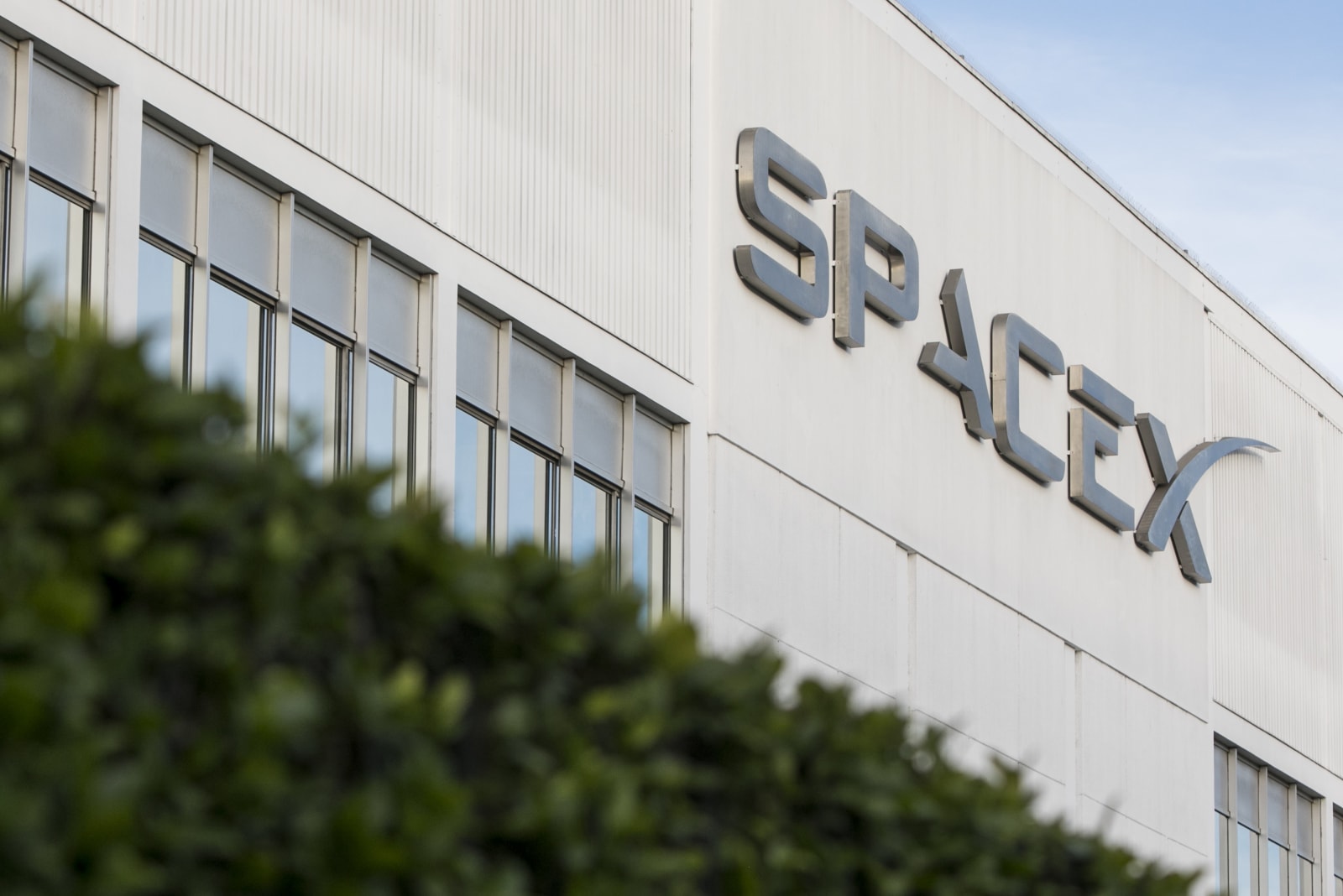
We've all seen (and probably used) QR codes at some point. And, handy as they are for quick linking to apps, or value added content etc, there's usually not much else going on. Unless you're one of the team at South Dakota School of Mines and Technology, that is, who have created a tiny version of the quadrilateral-codes that could be used to spot counterfeit money. The invention uses nanoparticles combined with blue and green fluorescent ink, and can be sprayed onto surfaces such as glass, plastic film, or of course, pictures of American presidents. The nano-code remains invisible until placed under a near-infrared laser, making it ideal for helping spot legit bank notes. The creators say they have done significant wear tests, which suggest that it's durable, but they also accept that eventually criminal technology could eventually catch up, in the constant cat and mouse game between mandated money producers and forgers. Whether there'd be links to the Benjamin Franklin Wiki page is unclear.
Continue reading New 'nano-code' could help fight banknote forgery by embedding invisible QR-style ciphers
Filed under: Science, Alt
New 'nano-code' could help fight banknote forgery by embedding invisible QR-style ciphers originally appeared on Engadget on Thu, 13 Sep 2012 00:57:00 EDT. Please see our terms for use of feeds.
Permalink  Ubergizmo
Ubergizmo | |
Email this |
Comments
 Federal investigators believe a quality assurance engineer responsible for inspecting parts for SpaceX had been falsifying reports. The accused engineer works for New York-based PMI Industries and is accused of forging signatures on at least 38 inspe...
Federal investigators believe a quality assurance engineer responsible for inspecting parts for SpaceX had been falsifying reports. The accused engineer works for New York-based PMI Industries and is accused of forging signatures on at least 38 inspe...
 Federal investigators believe a quality assurance engineer responsible for inspecting parts for SpaceX had been falsifying reports. The accused engineer works for New York-based PMI Industries and is accused of forging signatures on at least 38 inspe...
Federal investigators believe a quality assurance engineer responsible for inspecting parts for SpaceX had been falsifying reports. The accused engineer works for New York-based PMI Industries and is accused of forging signatures on at least 38 inspe...
 Attempts at art forgeries run from the laughable (remember Monkey Jesus?) to the exquisite (this ambiguous Baroque masterpiece nearly cost a gallery €120 million last year), and traditionally the art world has had to rely on expert knowledge and...
Attempts at art forgeries run from the laughable (remember Monkey Jesus?) to the exquisite (this ambiguous Baroque masterpiece nearly cost a gallery €120 million last year), and traditionally the art world has had to rely on expert knowledge and...



